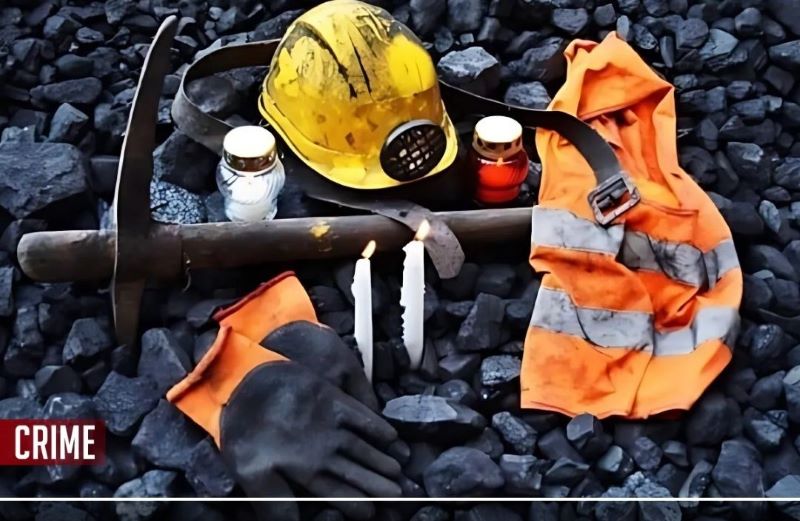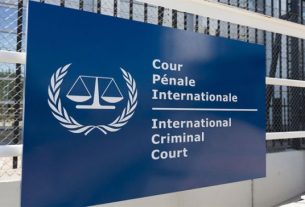At least 20 miners were killed and seven injured in a deadly assault by armed gunmen on a private coal mine in Balochistan’s Duki district early Friday, according to local police reports. The attack comes during heightened security concerns across Pakistan, particularly in Balochistan, where recent terror attacks have claimed over 50 lives in August alone.
The assailants launched their attack on the Junaid Coal Company mine, reportedly using heavy weapons such as rockets and grenades, according to Station House Officer Humayun Khan. They also set fire to coal engines and machinery, leaving a trail of destruction.
Dr. Johar Khan Shadizai, a physician at Duki’s district hospital, confirmed the death toll, saying, “We’ve received 20 bodies and six injured so far.” The injured have been transferred to Loralai Tehsil Headquarters for further treatment.
No group has claimed responsibility for the attack, which took place amid preparations for the upcoming Shanghai Cooperation Organisation (SCO) summit in Islamabad. The event is expected to see high-level Chinese participation, further underscoring the strategic importance of the China-Pakistan Economic Corridor (CPEC), which has turned Balochistan into a focal point for development, but also a hotspot for insurgent violence.
Local authorities, including Duki District Council Chairman Khairullah Nasir, confirmed the attackers used modern weapons like hand grenades and rocket launchers. Frontier Corps (FC), police, and district administration were quick to respond, conducting a joint operation to locate remaining bodies.
District Commissioner Kaleemullah Kakar reported that the victims hailed from various regions of Pakistan and Afghanistan, while Prime Minister Shehbaz Sharif condemned the attack, reaffirming the government’s commitment to rooting out terrorism.
This tragic incident highlights a disturbing rise in terror attacks in Pakistan, particularly in Balochistan and Khyber Pakhtunkhwa (KP). Despite a recent dip in violence, Pakistan has seen over 1,500 fatalities this year alone, with militant groups like the Tehreek-i-Taliban Pakistan (TTP) increasingly targeting law enforcement and security forces since breaking a ceasefire agreement last year.
In recent months, Balochistan has experienced a series of targeted attacks, including bombings and shootings, often directed at laborers, particularly those working in the region’s critical industries like mining. These attacks not only disrupt local economies but also pose a direct threat to key projects like CPEC, which seeks to enhance connectivity and boost economic growth between China and Pakistan.
The government has vowed to intensify operations against insurgent groups, with Balochistan Chief Minister Sarfraz Bugti pledging to bring the terrorists responsible for the attack to justice. “They’ve once again targeted poor, innocent laborers. These terrorists are cowards,” Bugti said, stressing that the government will “wipe them out.”
As Pakistan pushes ahead with its plans to host the SCO summit, incidents like this will continue to challenge its ability to ensure security, especially in regions that are vital to both its national interests and its strategic partnership with China.





